Why do autoimmune diseases occur? And what happens?

Autoimmune diseases are conditions in which the immune system, which is meant to protect the body, mistakenly sees the body's own healthy cells and tissues as invaders and attacks them instead. This can lead to a variety of diseases, including
When YOU Become Your Enemy - Autoimmune Disease Explained - YouTube
The development of autoimmune diseases is not just due to genetic risk, but also a great deal of bad luck.

The fundamental building blocks of life are proteins, which have incredibly complex shapes that allow them to carry out specialized tasks, like breaking down food, transcribing DNA, or facilitating specific chemical reactions.

The human body has the ability to destroy proteins that are not its own. However, sometimes errors occur that result in the body attacking its own cells and proteins. This is a reaction known as autoimmunity, but the body has a mechanism to eliminate immune cells that cause autoimmunity.

However, in very rare cases, there are immune cells that manage to evade this mechanism.
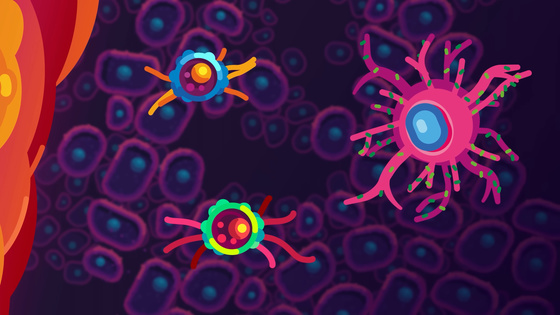
Additionally, some bacteria and viruses have evolved proteins that are very similar to those in our bodies.
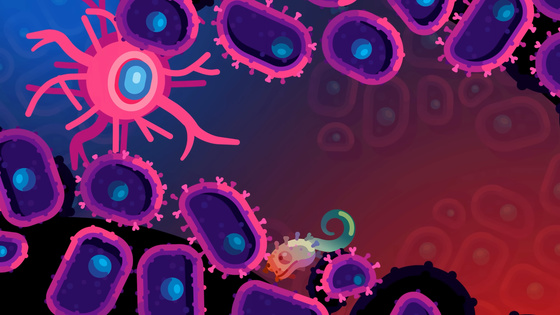
Autoimmune reactions are triggered by ``immune cells that can cause autoimmunity,'' ``certain bacteria and viruses,'' and some event that activates the immune system, such as an illness like a cold or a minor injury.

If immune cells capable of causing autoimmunity mistakenly identify the body's own tissues as enemies and become activated, they will multiply and launch an all-out attack on the body's own tissues.
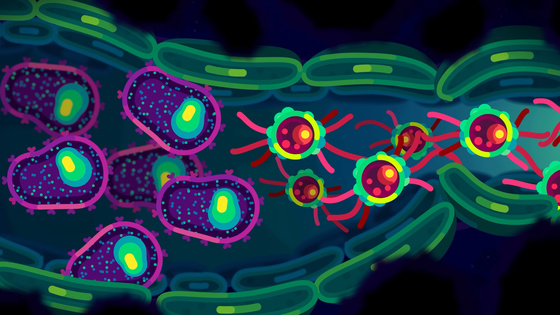
There are over 100 different autoimmune diseases, each of which attacks a different part of the body.

For example, multiple sclerosis occurs when the protective membrane of nerve cells is attacked by the immune system, causing nerve cells to lose their connections and their function to be significantly reduced.
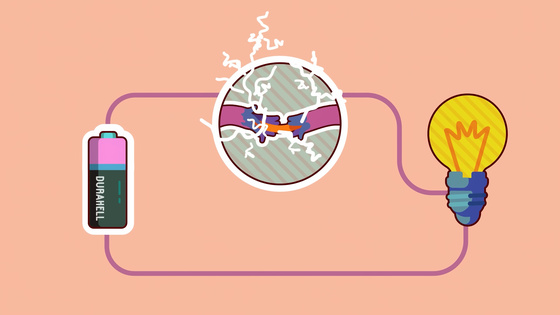
Systemic lupus erythematosus is a literal autoimmune attack of the entire body that not only causes pain but can also lead to widespread and unpredictable dysfunction.

Autoimmune diseases also come with severe fatigue and weakness because when you get sick, your immune system tells your body to shut down and rest.
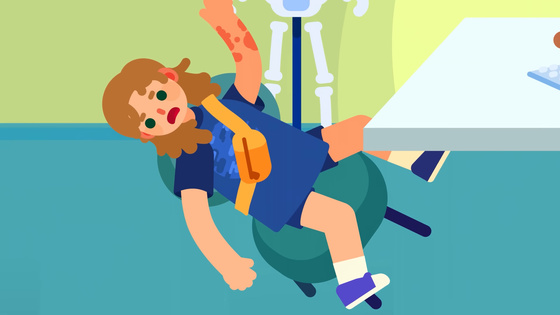
The tricky thing about autoimmune diseases is that it is very difficult to stop the progression of the disease: the more 'enemies' the autoimmune cells encounter at the beginning, the more they replicate and become activated.

It is said that the risk of developing these autoimmune diseases is determined by genetics, but genes that confer such risk would normally be naturally selected out.

However, previous research has shown that during the Black Death (plague) pandemic in Europe, people with genetic mutations that increase the risk of Crohn's disease, an autoimmune disease, had a lower mortality rate.
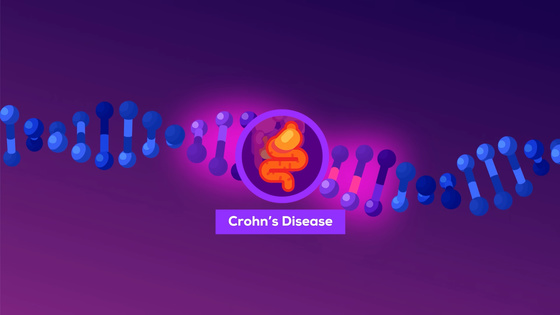
Advances in hygiene and medicine have reduced the threat of infectious diseases, but this may have left us with more aggressive genes that would cause our immune systems to attack the self if we were unlucky.

Related Posts:







